Israelis bury dead but not their grief
An uncharacteristic calm descends as shattered Israelis gather to farewell soldiers and civilians butchered by Hamas militants.
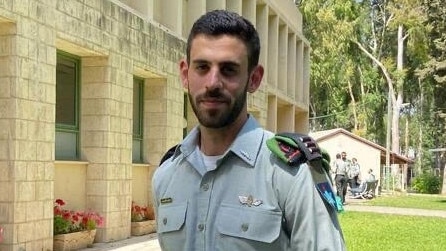
The warning comes from the military man standing at the microphone, a rocket siren just audible in the distance.
It rouses some from their absorptions on this warm evening. “In case there is a missile attack,” the soldier gently instructs, “get on the floor and keep your hands on your head.”
Israelis are grudgingly familiar with this advice, even cynical of its utility.
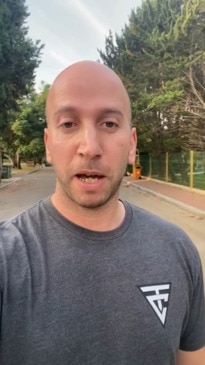
What’s so jarring, perhaps insulting, on this occasion is not the disruption of the wailing siren or the menace of rockets – it’s the cold reality of missile strikes.
They can fall wherever they like, and they have no respect for funerals.
Minutes later, proceedings begin. A casket containing 25-year-old Tal Grushka, his coffin bound tightly in the national flag, is silently shouldered forward before at least 1000 mourners, who watch as he’s gently returned to the earth.
Childhood friends line up to bid farewell, as does an adoring high school principal and a stoic army commander, resplendent in beret and trimmings.
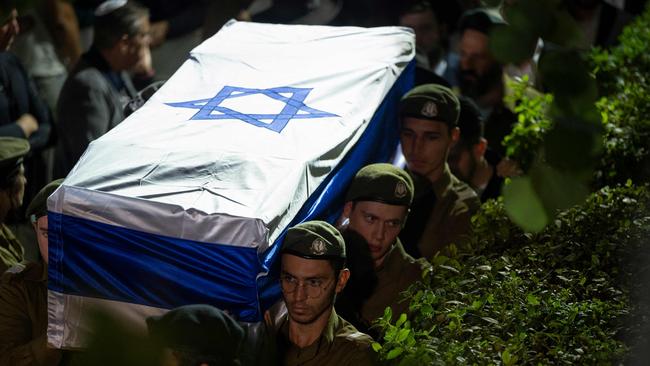
The hardiest find a way to keep their eyes dry when Grushka’s grandfather speaks, and when his partner, riven as she is by despair, tries to say goodbye.
But there’s no withstanding the force of the final speaker, his mother. Everyone starts to crumple before she’s uttered a word. “And to all the soldiers out there,” she says in closing, because she knows what’s ahead, her soft voice slow and echoing in the night, “look after yourselves”.
Grushka’s was one of four consecutive burials held that evening, with Israel now bracing for hundreds and hundreds more funerals like it after a weekend of massacres shattered the population, the event already bored deep into the Israeli psyche.
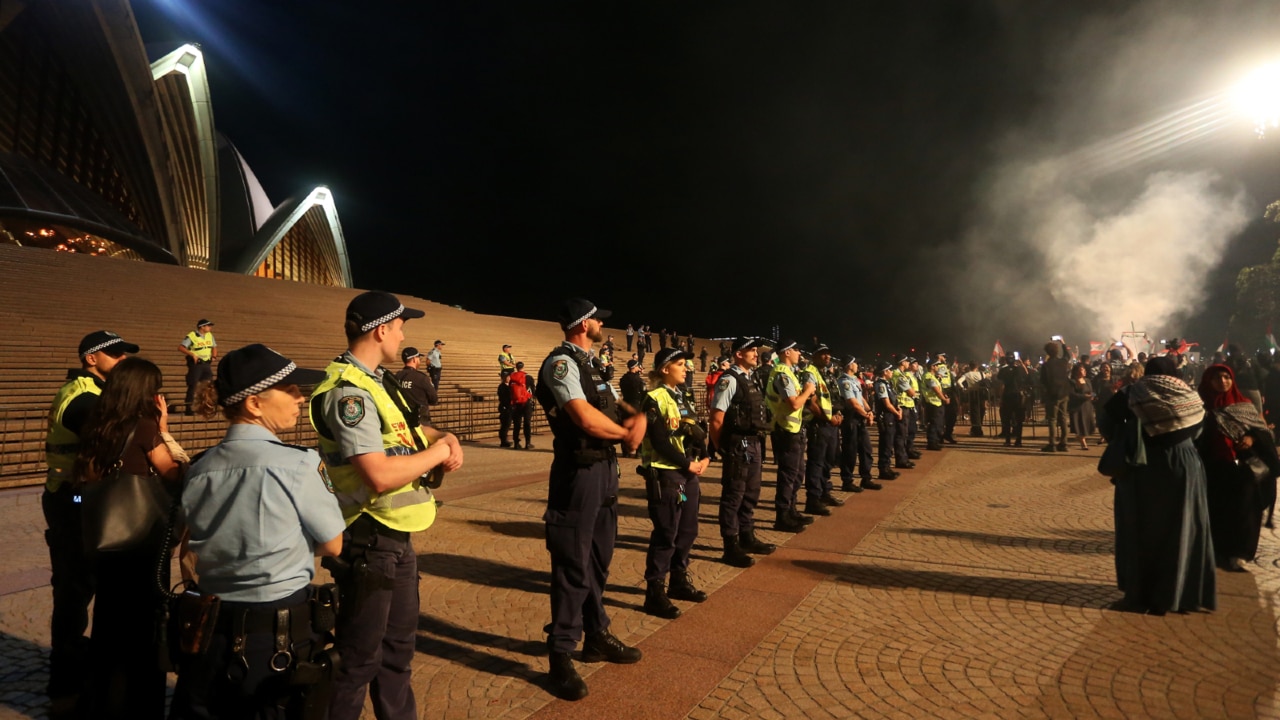
“In its desertion of every basis for comparison, the event asserts its singularity,” Don DeLillo wrote of 9/11, and the feeling on the ground here is the same.
If you think the violence inflicted on the civilians has been written about, or captured in footage, first responders will attest to something far more traumatic, that almost every imaginable horror was visited upon soldiers and ordinary people, the published footage barely accounting for what transpired. Take my word for it – don’t go looking for confirmation.
En route to the cemetery, a man named Yosi described the atmosphere across the country as oddly similar to that which followed prime minister Yitzhak Rabin’s assassination, in 1995.
That was when a brotherly level of care, of uncharacteristic concern, briefly engulfed the citizenry. It interrupted the obscene traffic habits, the pushy queue-jumping, the cocksure behaviour with which Israelis are famed for treating each other and which are often satirised within the country.
It’s a calm that, of course, is fated to be broken once the Israeli Defence Forces unleash the response to the threat of Hamas, in Gaza, and any remaining geopolitical actors aligned with its cause.
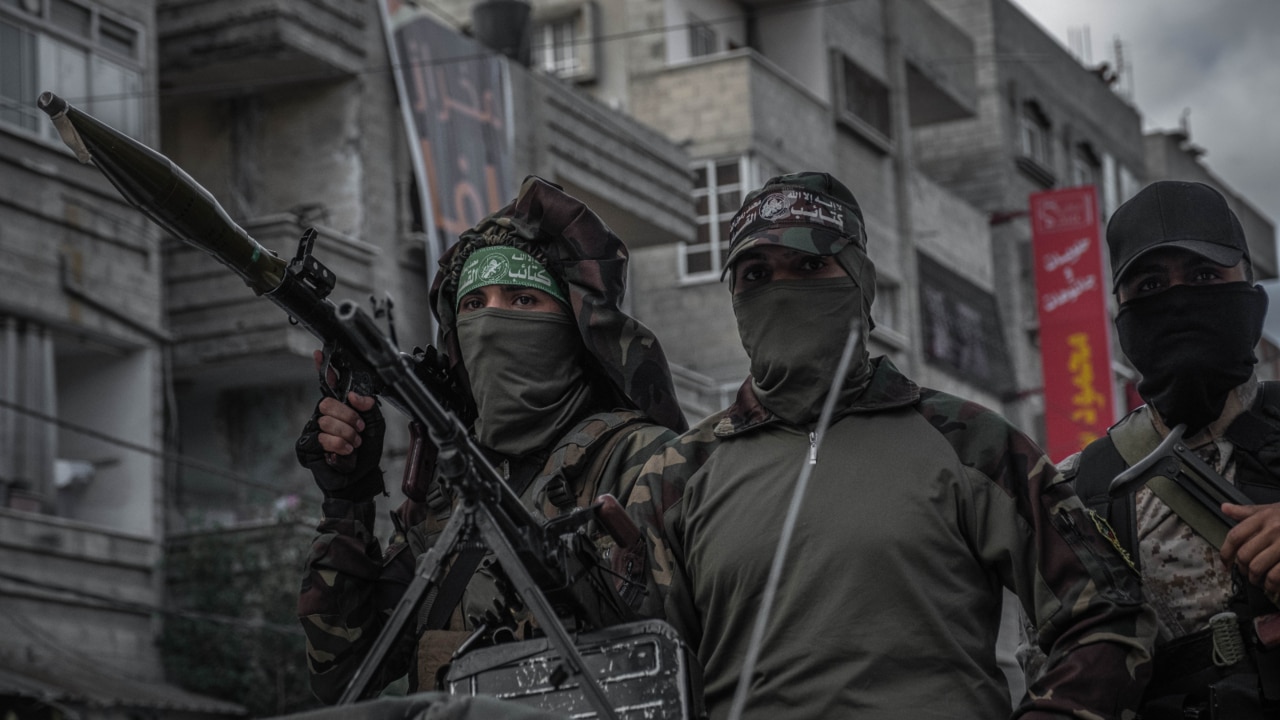
Shattered now as it was after Rabin, and with scores of civilians still at the mercy of terrorists, the unapologetic assessment of many Israelis, it seems, is for a total and final routing of this malevolent entity, by any means necessary.
Yosi’s observation was made only after the flight into Tel Aviv from Dubai, but it certainly chimes with the experience. Expectations of an empty plane and of people supposedly too scared to return were instantly scotched on arrival at Gate B30 where crowds of Israelis huddled over their phones and slouched apathetically into their chairs, either ending their holidays or making their mercy dashes.
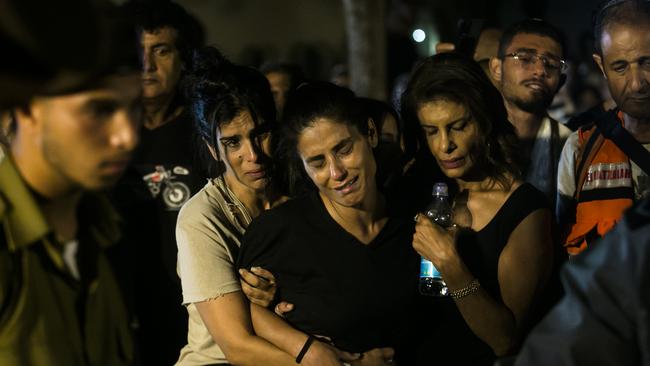
Among them was Alon, a lanky 19-year-old guy with a fresh tan and blue eyes who’d been on a two-month surfing holiday in Sri Lanka, hanging out, he said, with Aussie boardriders far more skilled at the craft, and he was happy to admit it. He cut the idyll short by three weeks so he could return to his southern town near the border with Egypt.
“Couldn’t you have stayed for the rest of the month?” asked an older woman listening in to the conversation nearby, butting in as Israelis will do. She handed out caramelised popcorn to the rest of the aeroplane’s row, imploring everyone to take deep handfuls.
“Another month,” Alon scoffed. “I couldn’t have stayed another day.”


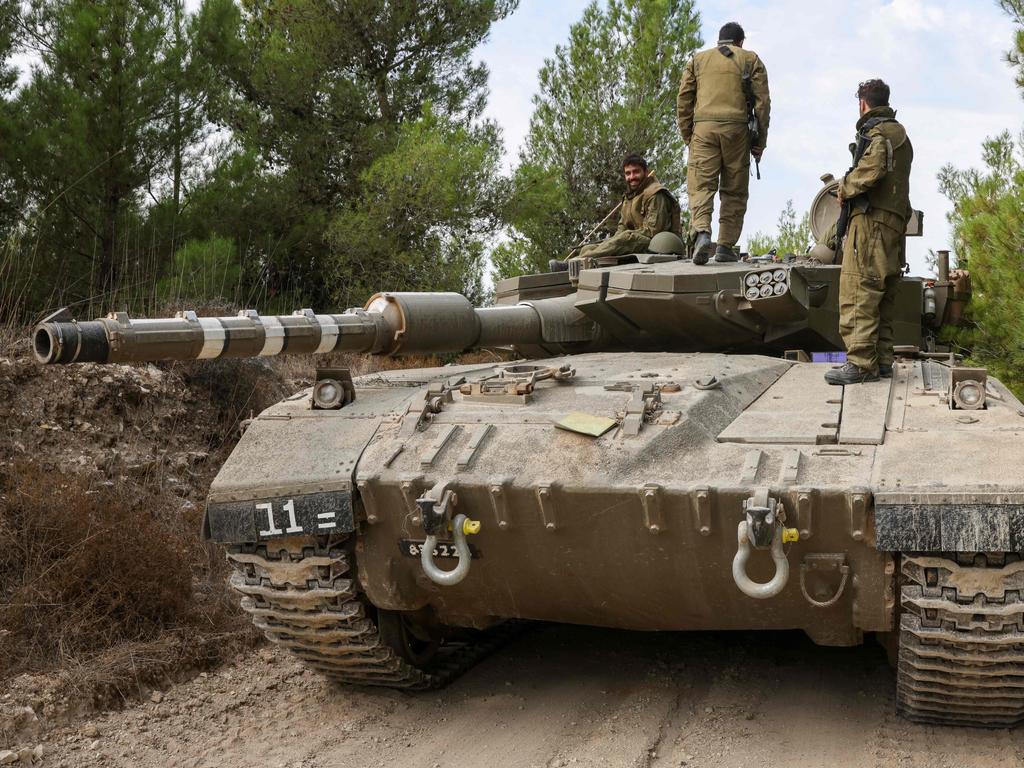





To join the conversation, please log in. Don't have an account? Register
Join the conversation, you are commenting as Logout